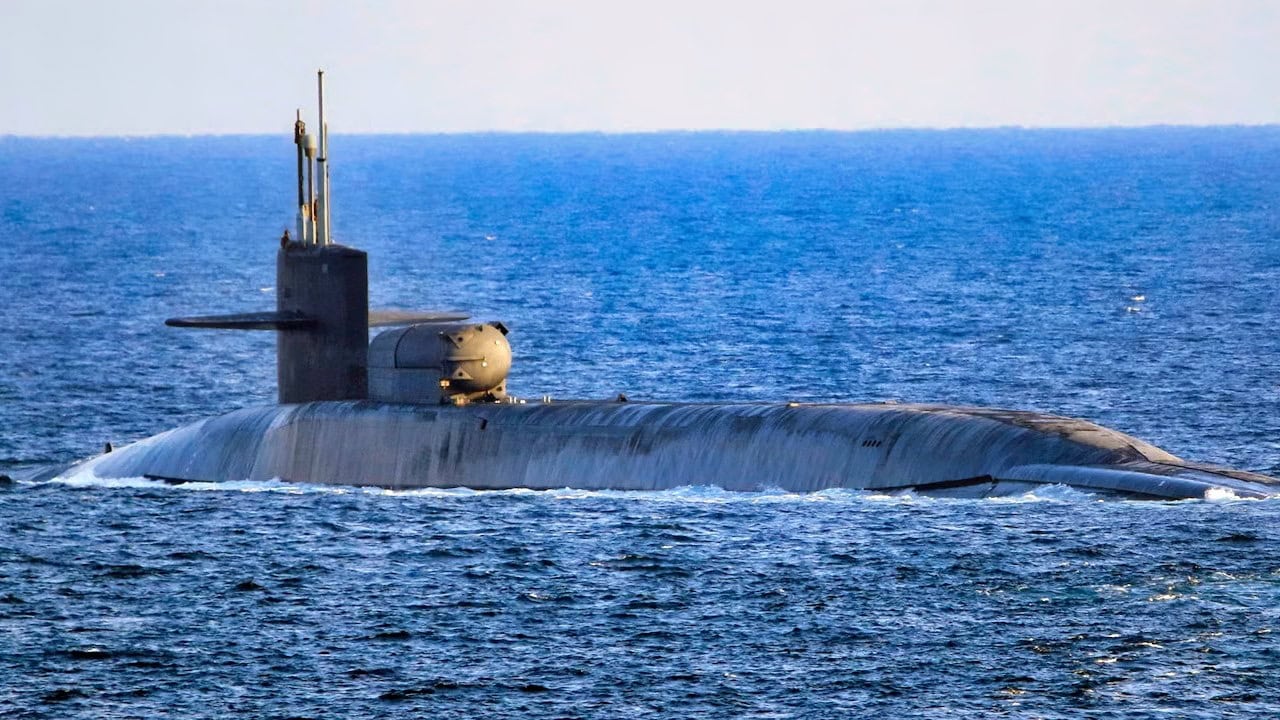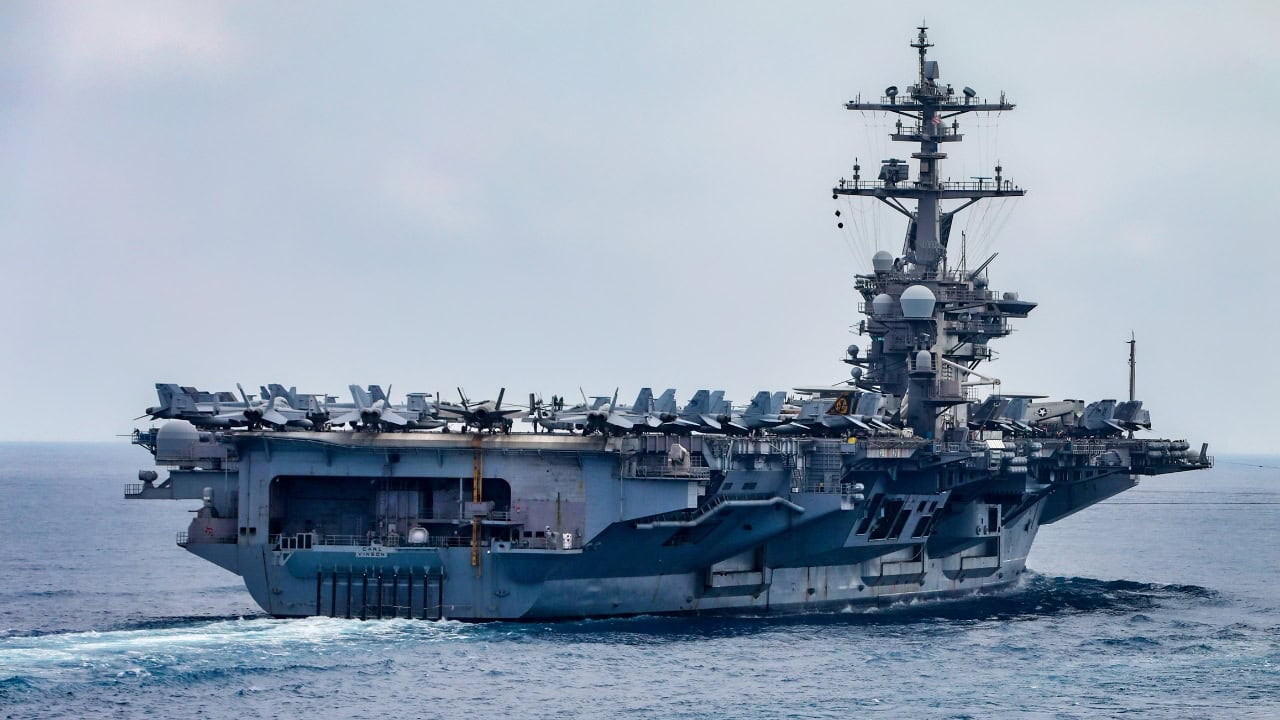As the Trump administration disrupts global politics, some fear that China might take advantage of the chaos to invade Taiwan.
But this raises a basic question: Why should China invade Taiwan now, when they can sit back and allow Trump to destroy a system that has protected Taiwan for 75 years?
There are some reports that an invasion will happen in a matter of months. The Trump administration has also cut back on support for Ukraine and may withdraw the U.S. from NATO. If America is reneging on these commitments, might not it also throw Taiwan to the tender mercies of Beijing?
However, Beijing doesn’t need to hurry. The strategic balance between China, versus Taiwan, America and America’s allies, seems likely to improve in Beijing’s favor over time. Trump’s tariffs have led to tensions with allies who might have supported a U.S.-led effort to defend Taiwan, including Japan, South Korea and Australia, as well as NATO nations.
Post-1945 U.S. security has rested upon an elaborate web of allies and bases that may have been expensive, but proved invaluable in containing the Soviet Union and China. With Taiwan a hundred miles from China, defending the island was always going to be a challenge. Antagonizing America’s traditional allies – as well as Vietnam and other Asian nations fearful of Chinese hegemony – only makes that task harder.
If China is serious about “liberating” Taiwan, then the issue becomes merely a matter of when. China’s president, Xi Jinping, reportedly wants the Chinese military to prepare for “reunification” with Taiwan by 2027 (Western observers also mention 2035 and 2049 as potential target dates). But the rapid growth of Chinese military capabilities – including ballistic missiles and the world’s largest navy – offer Xi the option now of assaulting Taiwan with some chance of success, though how much depends on who you talk to.
Successfully defending Taiwan requires a coalition to confront China’s massive arsenal. If the U.S. isn’t willing to defend Taiwan in any meaningful way – namely by using military force – then it is unlikely that any other nation or group of nations will do so.
Meanwhile, the Trump administration has announced a record $1 trillion defense budget. Postponing an invasion gives more time for America to develop and procure new weapons such as the F-47 fighter and long-range missiles.
Yet, delaying an invasion of Taiwan may be even more advantageous to China. The most obvious benefit is that Trump is dismantling a security bloc that confronted China with the prospect of fighting multiple enemies, including powerful nations such as Japan.
It is reasonable for Beijing to hope that the longer Trump is in office, the more isolated America will become – or choose to become. It is also logical to assume that American domestic politics will become more fractured and paralyzed, leaving the White House, Congress and public opinion so focused – or exhausted – from political squabbles that there is no little appetite or consensus for war.
In addition, Trump’s tariffs and economic policies could trigger a recession that might dampen public morale and force cuts in defense spending. Leaders have been known to go to war as a distraction from economic problems, such as Argentina invading the Falklands in 1982. But embroiled in an economic downturn, the Trump administration might choose to avoid a war that would drive up prices and lead to shortages. This would especially apply to conflict with China, a manufacturing powerhouse that is central to the American consumer and industrial supply chains.

Ohio-Class SSGN Submarine U.S. Navy. Image Credit: Creative Commons.
Soviet strategy and ideology frequently referred to “correlation of forces,” a sort of mathematical calculation of the balance of military, economic and political forces between the Soviet Union and its adversaries. Beijing could assess that the correlation of forces now favors invading Taiwan now. But China also has a reputation for patience and playing the long game. Delaying an invasion of Taiwan could improve the odds of winning.
About the Author: Defense Expert Michael Peck
Michael Peck is a defense writer whose work has appeared in Business Insider, Forbes, Defense News, Foreign Policy magazine, and other publications. He holds an MA in political science from Rutgers University. Follow him on Twitter and LinkedIn

